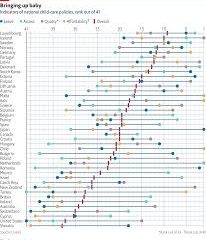WJEC GCSE Results Error Sparks Outrage Among Students
Introduction
The recent announcement of the WJEC GCSE results error has sent shockwaves through schools in Wales, leaving many students and parents in a state of confusion and distress. Given that GCSE results are critical for students’ academic futures, this unprecedented mistake has raised concerns about the reliability of examination processes and the integrity of academic assessment.
The Incident
On August 24, 2023, the Welsh Joint Education Committee (WJEC) released the GCSE results for thousands of students across Wales. However, it was soon discovered that there was a significant error affecting the grades of a substantial number of candidates. Reports indicated that approximately 5% of students received incorrect grades due to a miscalculation in the grading algorithm used during the results processing phase. The error prompted immediate backlash from educators, students, and parents alike.
In response to the uproar, the WJEC issued a statement acknowledging the issue. They expressed their commitment to rectifying the situation and reassured stakeholders that a thorough investigation would be conducted to determine the cause of the error. In the meantime, the WJEC has promised to communicate directly with affected students regarding the necessary remediation steps.
The Impact
The consequences of the results error have broader implications beyond individual grades. Students’ university applications, scholarship opportunities, and career pathways might be at risk due to this oversight. Many students have reported feeling anxious as they await clarification and potential adjustments to their grades. Educators have voiced concerns that the error could undermine public confidence in the examination system, further jeopardising students’ futures.
Reactions and Solutions
Parents and students have taken to social media, expressing their frustration with hashtags like #WJECFail and #GCSEResults2023. Some school leaders have called for reforms in the examination system to prevent such occurrences in the future, drawing attention to the need for a reliable and transparent process in educational assessments.
In an effort to address concerns, the WJEC is set to hold a series of emergency meetings with education stakeholders to update them onrectification efforts and to discuss the implications moving forward. The body has also initiated outreach to universities and colleges to ensure that affected students are given fair consideration and support in light of the issues.
Conclusion
The recent WJEC GCSE results error highlights the fragility of academic assessment systems and the potential repercussions errors can have on students’ lives. As the WJEC works to rectify the situation, it remains critical for students to stay informed and engaged with educational institutions. The incident may prompt wider discussions on the assessment processes in Wales, and it is imperative that lessons are learned to safeguard the integrity of future examinations.









